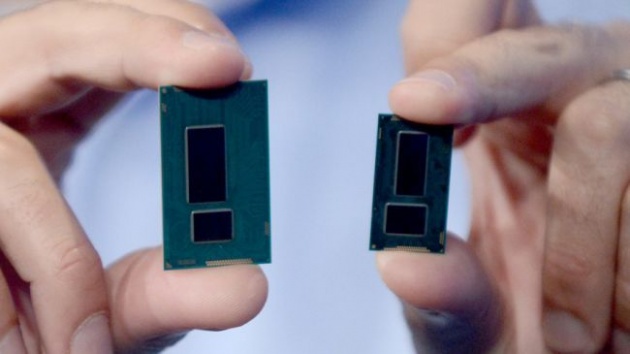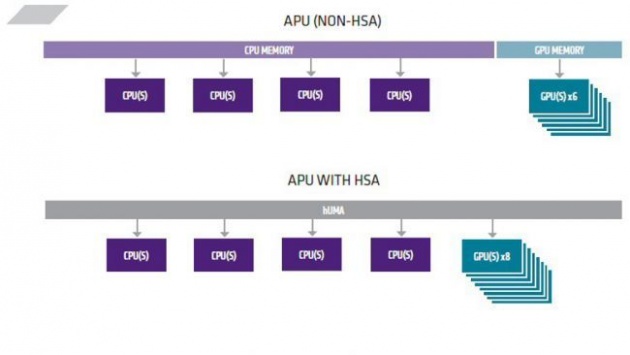
Buying a desktop computer can be a lengthy process involving many complex decisions, but none come with quite as much jargon as figuring out the best CPU.
Before you know it, you're drowning in talk of cores and clock speeds, socket types and chipsets, Piledriver, Steamroller and more.
While you'll need to consider at least some of these issues, there's an easier way to approach your purchasing problems. And that's to ignore the technical detail, just for the moment, and focus first on a more fundamental question: Intel vs AMD, which processors are the best for you?
You'll probably find that answering this question is much more straightforward. And once you've made your choice, many other decisions about your new PC will fall into place, saving you plenty of time.
Intel vs AMD: Intel CPUs
If performance is top of your priorities (and you can afford the price tag) then Intel processors are a good choice. Don't take our word for it, just check out high-end systems like the MSI GT72 Dominator Pro, Palicomp Hydro-780 orDell's monster Precision T7610: it's almost always Intel inside.
The difference can be marginal, though, depending on what you're trying to do. You may struggle to notice much difference in gaming performance, and if you're planning to overclock your chosen CPU – and your target applications make good use of multiple cores – then AMD may sometimes offer equivalent or better speeds for much less cash.
Intel's Core M (or "Broadwell") family isn't expected to bring any major changes in single core performance, either. If anything, it could deliver less than the move to Haswell, with a barely noticeable 5% speed increase.
The real gain this time will come from the move to a 14nm manufacturing process, cutting power requirements by as much as 30%, allowing for fanless tablets less than 8mm thick and yet another leap in battery life.

The major performance increase could be in graphics, thanks to 20% more execution units (although new 4K support will probably soak up most of that). We'll find out for sure as the various Broadwell CPUs arrive throughout the first half of 2015 (see: Broadwell vs Haswell: What's New?).

Intel's latest technologies could make a real difference to mobile devices, then. But if you're looking for a desktop solution which delivers great performance, without having to face the massive price premium of Intel's high-end chips, then the company's Core i5 products are still where some of its best deals are to be found.
Intel vs AMD: the AMD competition
While Intel hopes to see big gains from the move to a 14nm process, AMD (still at 28nm, with 20nm cores likely in 2015) is taking an entirely different path, reworking their CPUs to deliver something new:

The big change is support for Heterogeneous System Architecture (HSA for short), which is all about more tightly integrating CPU and GPU cores. In particular, the old division of memory – CPUs had one block, GPUs another, and they were handled in very different ways – is replaced by a tidy new scheme (hUMA) where everyone shares the same RAM access, queuing and execution rights.

What this means is that each CPU and graphics core in a Kaveri chip can now be running a separate process, in its own memory space, independent from the others. It's a new way of doing things which AMD says requires a brand new term, "compute cores", to help compare them properly. Kaveri's A10-7850K with 4 CPU and 8 GPU cores can now be considered to have twelve "compute cores",



